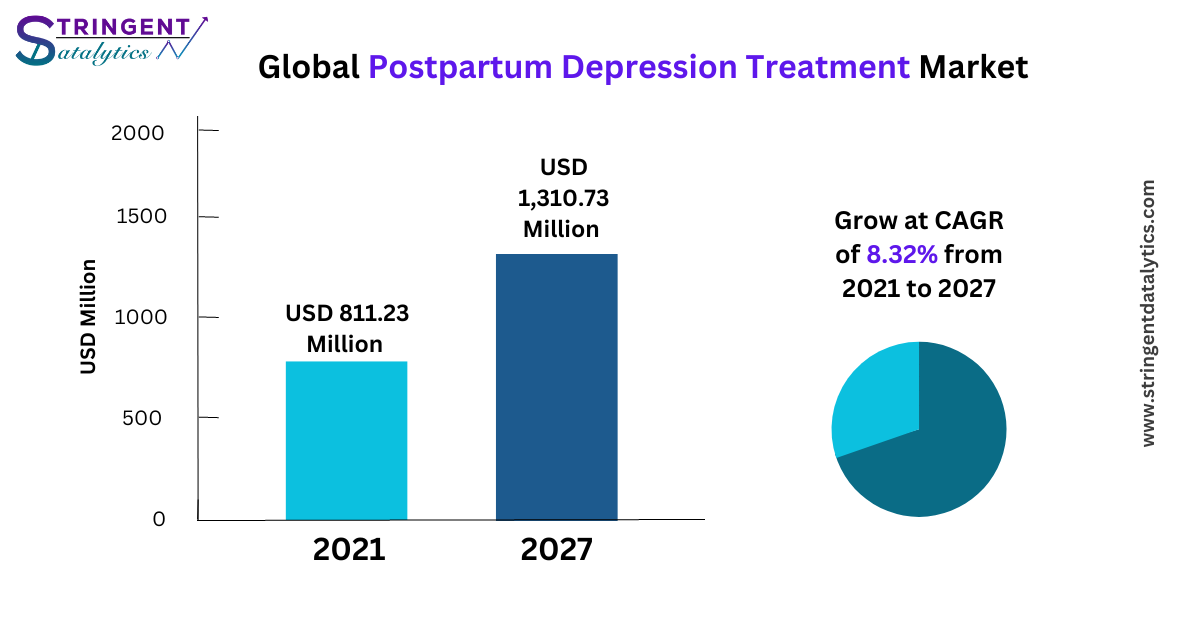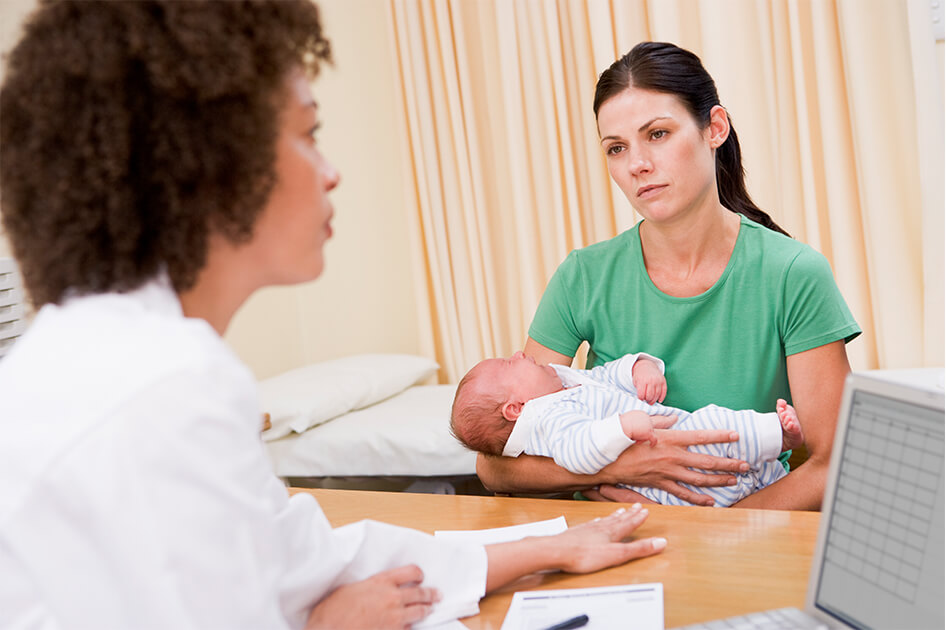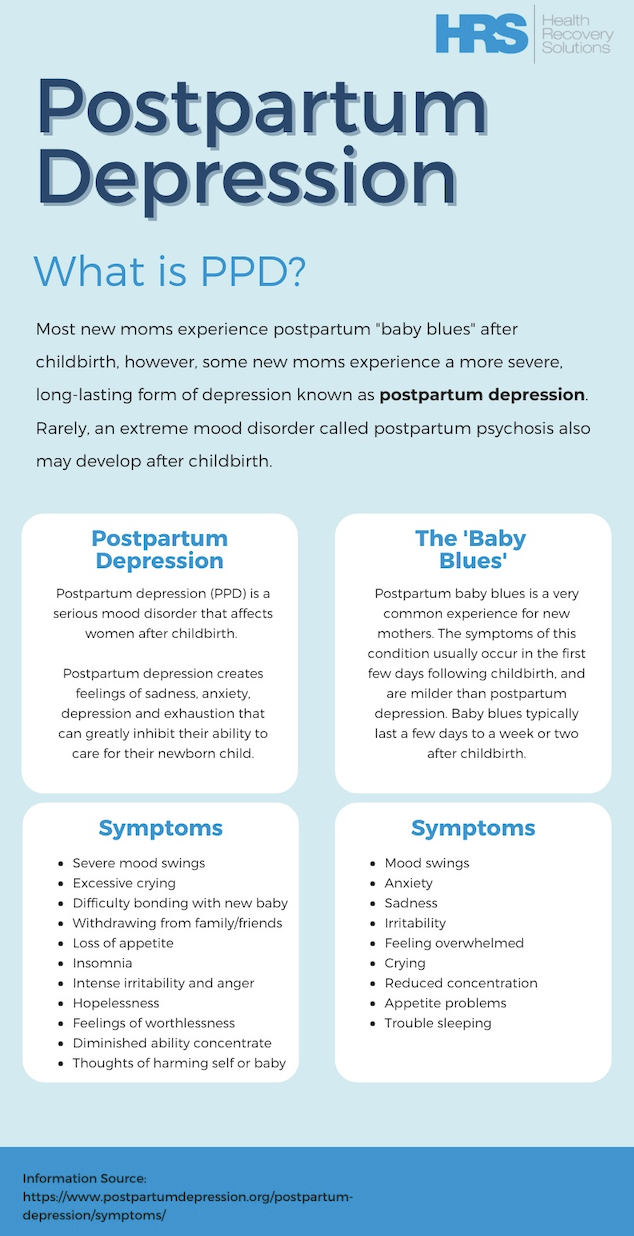The Of Beautiful Journey Reproductive Counseling Center
The Of Beautiful Journey Reproductive Counseling Center
Blog Article
The Single Strategy To Use For Beautiful Journey Reproductive Counseling Center
Table of ContentsAn Unbiased View of Beautiful Journey Reproductive Counseling CenterBeautiful Journey Reproductive Counseling Center - The FactsNot known Facts About Beautiful Journey Reproductive Counseling CenterExamine This Report on Beautiful Journey Reproductive Counseling CenterThe Main Principles Of Beautiful Journey Reproductive Counseling Center Not known Details About Beautiful Journey Reproductive Counseling Center

Working with psychological wellness experts is a fantastic way to find out about postpartum anxiety and how to recuperate. Treatment is a personal and vital means to treat postpartum depression.

Beautiful Journey Reproductive Counseling Center Can Be Fun For Everyone
There have not been definitive researches published that looked particularly at folate or various other B vitamins in the treatment of postpartum anxiety. Think about advising to women that are postpartum to continue their prenatal vitamin or take a B-100 facility with about 1 mg (or 1,000 mcg) of folic acid, or folate.
Adjustment of vitamin D deficiency might play a significant function in the recovery from postpartum anxiety. Moms battling with anxiety ought to have their 25-OH vitamin D level checked. Lots of females locate that they require at the very least 2,000-3,000 IUs of cholecalciferol, which is vitamin D3 (a type that is really easily absorbed) throughout the winter season.
In the summer months, less dental vitamin D may be needed, depending on the latitude where the mom lives. postpartum therapy.
The Beautiful Journey Reproductive Counseling Center PDFs

Anticoagulation may be used, and it must be noted that there exists no global guideline or referral for anticoagulation therapy in septic pelvic apoplexy. Preliminary bolus of 60 units/kg (4000 systems maximum) adhered to by 12 units/kg/h (maximum of 1000 units/h) is advised. The aPTT is kept an eye on for 2-3 times the regular value.
Postpartum clinical depression (PPD) is a complex mix of physical, psychological, and behavior changes that happen in some females after delivering. According to the DSM-5, a manual used to identify mental problems, PPD is a kind of major depression that starts within 4 weeks after distribution. The medical diagnosis of postpartum depression is based not only on the size of time between delivery and onset yet on the seriousness of the clinical depression.
The term describes a variety of physical and psychological adjustments that several brand-new moms experience. PPD can be treated with drug and counseling. The try this website chemical modifications involve a rapid decline in hormonal agents after shipment. The actual web link in between this decrease and anxiety is still not clear. But what is known is that the levels of estrogen and progesterone, the female reproductive hormones, increase tenfold during pregnancy.
Indicators on Beautiful Journey Reproductive Counseling Center You Should Know
Typically, signing up with a support system of new mamas or speaking with various other mommies helps. can take place a few days or perhaps months after childbirth. PPD can happen after the birth of any type of youngster, not simply the initial youngster. You can have feelings similar to the baby blues-- despair, anguish, stress and anxiety, crankiness-- but you feel them much extra strongly.
When your capacity to feature is influenced, you require to see a healthcare company, such as your OB/GYN or main care physician. This physician can screen you for clinical depression symptoms and create a therapy plan. If you do not get therapy for PPD, signs and symptoms can worsen. While PPD is a severe condition, it can be treated with medicine and therapy.
This ailment can occur rapidly, typically within the first 3 months after childbirth. Women can shed touch with truth, having auditory hallucinations (hearing points that aren't actually taking place, like an individual talking) and delusions (strongly believing points that are clearly irrational). Aesthetic hallucinations (seeing things that aren't there) are less usual.
Females that have postpartum psychosis demand therapy as soon as possible and generally need drug. Often ladies are placed into the medical facility since they are at threat for hurting themselves or somebody else. Postpartum depression is dealt with in a different way, depending on the sort of symptoms and just how serious they are. Therapy alternatives consist of anti-anxiety or antidepressant drugs, psychiatric therapy, and involvement in a support system for psychological assistance and education and learning.
The 5-Second Trick For Beautiful Journey Reproductive Counseling Center
Kids of moms with postpartum clinical depression are more probable to have troubles with sleeping and consuming, sobbing more than typical, and delays in language advancement. If you have a background of depression, tell your medical professional as quickly as you discover you're expecting, or if you're preparing to conceive.
Commonly, joining a support group of brand-new moms or chatting with other mommies assists. can happen a couple of days or perhaps months after childbirth. PPD can happen after the birth of any kind of child, not just the initial kid. You can have feelings similar to the child blues-- sadness, despair, anxiety, crankiness-- yet you feel them much more strongly.
When your ability to function is impacted, you require to see a health and wellness care service provider, such as your OB/GYN or primary care doctor. If you do not get therapy for PPD, signs and symptoms can get worse.
This health problem can happen promptly, usually within the very first 3 months after giving birth. Women can shed touch with truth, having auditory hallucinations (hearing points that aren't really occurring, like a person talking) and delusions (highly believing things that are plainly illogical). Aesthetic hallucinations (seeing things that aren't there) are much less typical.
3 Easy Facts About Beautiful Journey Reproductive Counseling Center Described
Females who have postpartum psychosis demand treatment as soon as possible and practically always need drug. Sometimes ladies are placed right into the hospital since they are at danger for injuring themselves or another person. Postpartum depression is dealt with in a different way, depending on the sort of signs and just how severe they are. Therapy choices include anti-anxiety or antidepressant medications, psychiatric therapy, and involvement in an assistance team for psychological support and education.
Youngsters of mommies with postpartum depression are more probable to have issues with resting and consuming, weeping greater than common, and hold-ups in language development (perinatal counseling). If you have a background of anxiety - https://worldcosplay.net/member/1747447, inform your physician as quickly as you find out you're expectant, or if you're planning to end up being expectant
Report this page